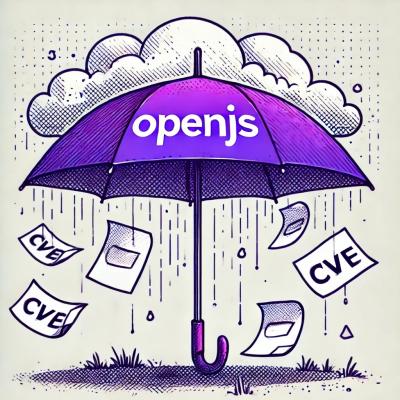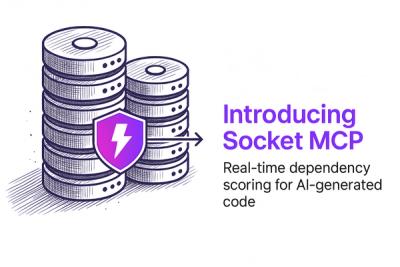ipfs-unixfs




JavaScript implementation of IPFS' unixfs (a Unix FileSystem representation on top of a MerkleDAG)
About
This module contains the protobuf definition of the UnixFS data structure found at the root of all UnixFS DAGs.
The UnixFS spec can be found in the ipfs/specs repository
Example - Create a file composed of several blocks
const data = new UnixFS({ type: 'file' })
data.addBlockSize(256)
data.addBlockSize(256)
Example - Create a directory that contains several files
Creating a directory that contains several files is achieve by creating a unixfs element that identifies a MerkleDAG node as a directory. The links of that MerkleDAG node are the files that are contained in this directory.
const data = new UnixFS({ type: 'directory' })
Example - Create an unixfs Data element
const data = new UnixFS([options])
options is an optional object argument that might include the following keys:
- type (string, default
file): The type of UnixFS entry. Can be:
rawdirectoryfilemetadatasymlinkhamt-sharded-directory
- data (Uint8Array): The optional data field for this node
- blockSizes (Array, default:
[]): If this is a file node that is made up of multiple blocks, blockSizes is a list numbers that represent the size of the file chunks stored in each child node. It is used to calculate the total file size.
- mode (Number, default
0644 for files, 0755 for directories/hamt-sharded-directories) file mode
- mtime (
Date, { secs, nsecs }, { Seconds, FractionalNanoseconds }, [ secs, nsecs ]): The modification time of this node
Example - Add and remove a block size to the block size list
data.addBlockSize(<size in bytes>)
data.removeBlockSize(<index>)
Example - Get total fileSize
data.fileSize()
Example - Marshal and unmarshal
const marshaled = data.marshal()
const unmarshaled = Unixfs.unmarshal(marshaled)
Example - Is this UnixFS entry a directory?
const dir = new Data({ type: 'directory' })
dir.isDirectory()
const file = new Data({ type: 'file' })
file.isDirectory()
Example - Has an mtime been set?
If no modification time has been set, no mtime property will be present on the Data instance:
const file = new Data({ type: 'file' })
file.mtime
Object.prototype.hasOwnProperty.call(file, 'mtime')
const dir = new Data({ type: 'dir', mtime: new Date() })
dir.mtime
Install
$ npm i ipfs-unixfs
Browser <script> tag
Loading this module through a script tag will make its exports available as IpfsUnixfs in the global namespace.
<script src="https://unpkg.com/ipfs-unixfs/dist/index.min.js"></script>
API Docs
License
Licensed under either of
Contribute
Contributions welcome! Please check out the issues.
Also see our contributing document for more information on how we work, and about contributing in general.
Please be aware that all interactions related to this repo are subject to the IPFS Code of Conduct.
Unless you explicitly state otherwise, any contribution intentionally submitted for inclusion in the work by you, as defined in the Apache-2.0 license, shall be dual licensed as above, without any additional terms or conditions.









